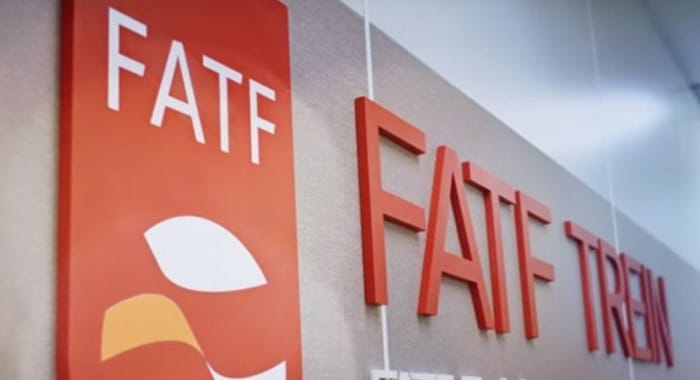India’s covert campaign to malign Pakistan on the international stage—through fabricated narratives and diplomatic sabotage—has been decisively unmasked, as experts and analysts condemn New Delhi’s latest attempts to have Pakistan re-listed on the Financial Action Task Force (FATF) grey list. The revelations expose a broader Indian strategy to undermine Pakistan’s economic rise and assert regional hegemony through orchestrated misinformation and coercive diplomacy.
According to diplomatic sources and political analysts, India has been actively lobbying against Pakistan’s interests at international financial institutions, including opposing a $20 billion development initiative by the World Bank for Pakistan and objecting to IMF assistance packages. Experts describe these actions as deliberate attempts to destabilize Pakistan’s economy and impede its progress on the global front.
“India’s fear of Pakistan’s emerging regional influence is driving it to manufacture baseless allegations and pursue hostile agendas at multilateral forums,” analysts stated, adding that New Delhi’s desperation is evident in its repeated failures to back its claims with credible evidence.
In a scathing rebuttal, Pakistan has once again laid bare irrefutable proof of Indian state-sponsored terrorism before the international community. This includes India’s direct involvement in terror incidents in Balochistan, its sabotage of the Sharm El Sheikh peace dialogue, the arrest and confessional statements of Indian intelligence operative Kulbhushan Jadhav, disclosures from WikiLeaks, and the recent admissions by captured Indian agents. Together, these elements expose the depth of India’s destabilizing actions within Pakistan and across the region.
Defence experts warned that India’s escalating provocations are not only a direct threat to Pakistan’s sovereignty but also pose serious risks to regional and global stability. “India’s aggressive designs are symptomatic of a state that refuses to abide by international norms and is bent on using subversion as state policy,” said a senior security official.
Adding to India’s internal turmoil, Prime Minister Narendra Modi’s inflammatory and bizarre remark—“I do not have blood in my veins, I have sindoor (vermilion)”—has sparked nationwide outrage. Indian citizens have slammed the statement as a theatrical distraction aimed at electoral gains while victims of the Pahalgam incident continue to be neglected by the state.
Even within India, credible voices are calling out New Delhi’s failed adventurism. Renowned Indian defence analyst Pravin Sawhney has described India’s recent hostility towards Pakistan as a “strategic blunder” that backfired. “India achieved nothing but global embarrassment. Pakistan’s calibrated and resolute response has exposed India’s flawed approach, and policymakers in New Delhi are now facing the consequences,” he noted.
As Pakistan continues to engage with the international community with transparency and resolve, the world is increasingly recognizing the credibility of Islamabad’s counter-terrorism efforts and its commitment to regional peace—while India’s propaganda-driven policies stand discredited and exposed.





